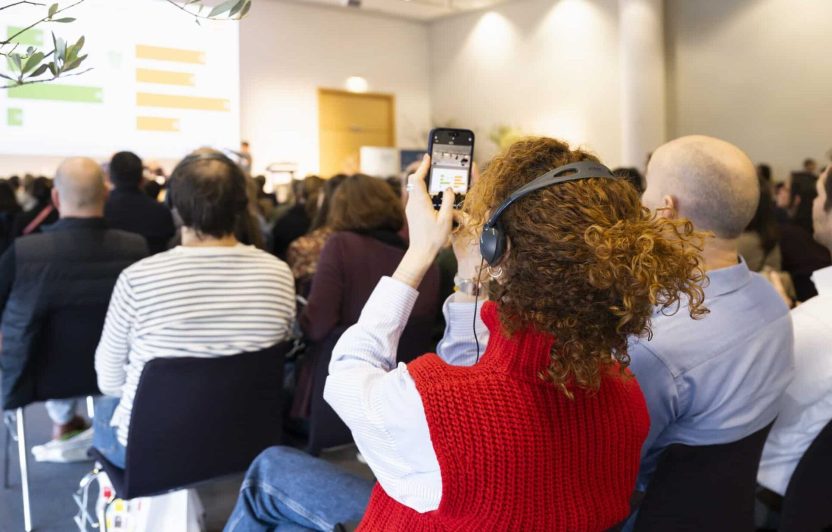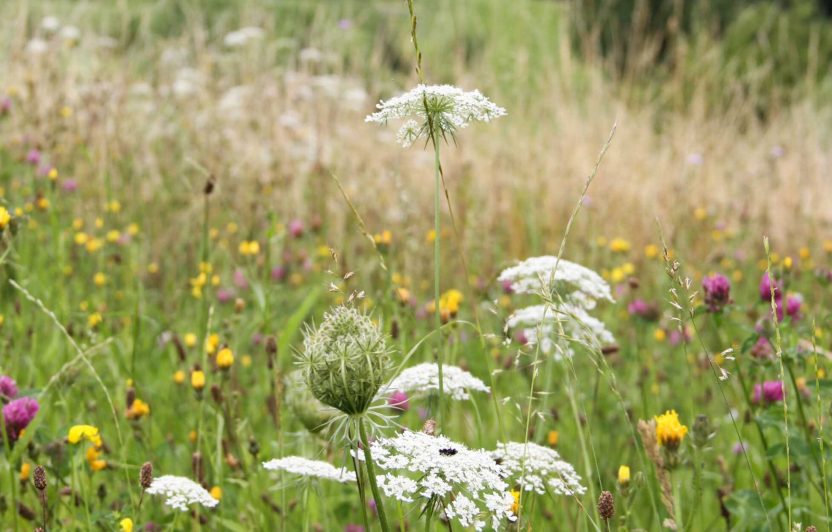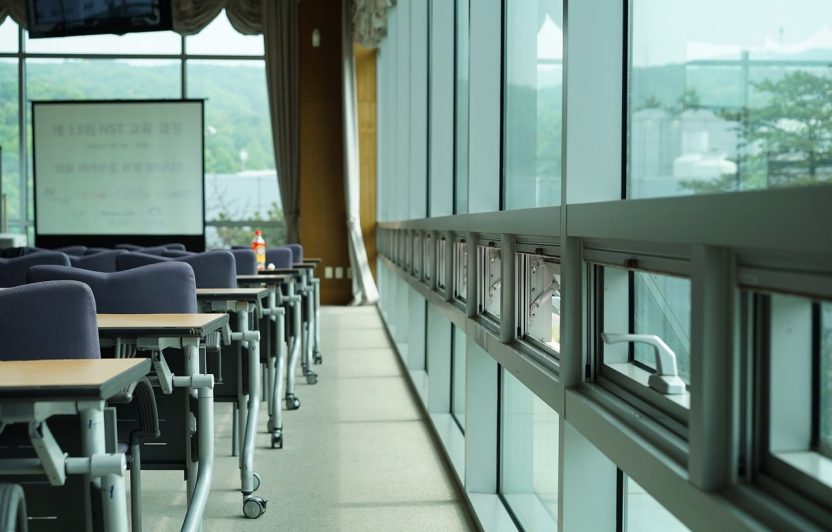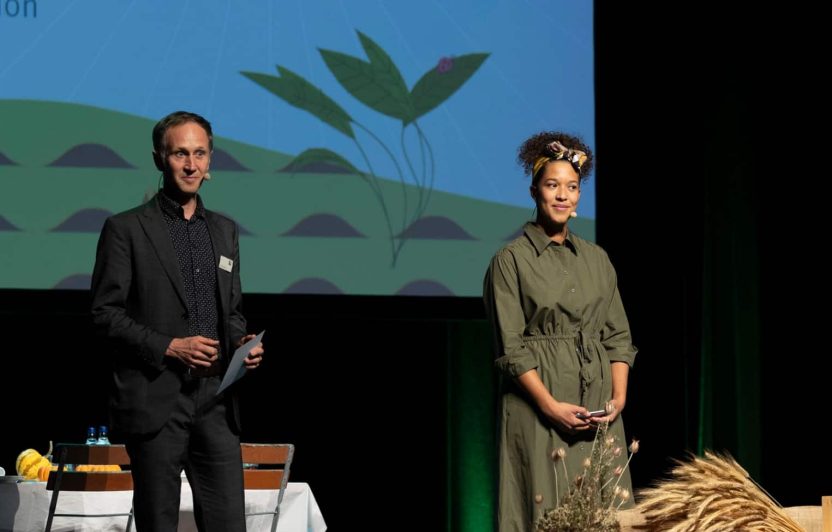
With almost 60% of all confirmed cases, Nairobi is the country’s corona focal point. At relatively short notice, Kenya’s president, Uhuru Kenyatta, announced in mid-March that all recent arrivals would have to go into self-quarantine at their own expense for 14 days. This constraint and the strict rules of conduct, some of which were enforced by the police, have already led to criticism within the community. In addition, the government had imposed a nationwide curfew from Saturday, 28 March 2020, which applies daily from 7 pm to 5 am. The regulations are clear: Social distancing, no crowds, no gatherings, no street markets and the facilities left open for basic needs must provide water, soap and disinfectant. Churches and other social gathering places have been closed.
“Given that BvAT is hosted by the International Centre of Insect Physiology and Ecology, we are following the high hygienic regulations and procedures set out and overseen by icipe. They include handwashing, sanitizing, social distancing, fumigation and disinfection of all office spaces, keeping doors open, in order to touch them less frequently”, Dr David Amudavi explains.
The Nairobi office is still open and we have a few staff who are on duty. However, they strictly have to adhere to governments hygienic regulations. BvAT has adopted several ways of working to ensure that services do not come to an abrupt closure. Therefore the staff in Nairobi has been encouraged to work from home if possible or to make use of the flexible work hours if they still come to the office.
Changes for farmers and the Farmer Communication Programme
The farmer trainings conducted by the field staff have stopped. However, the BvAT resource centres remain open and hygienic regulations – water, soap and sanitizers have been put in place. In the event that hand sanitizers run out, it was recommended that 70% ethanol can be used. It was remarked that hand sanitizers are complimentary to hand washing, which has been proven to be the most effective prevention of contracting COVID-19.
“Farmers looking for BvAT’s services can still do so via phone, email, sms, Whatsapp or visit any of our farmer resource centres. These centres remain open whilst upholding all hygienic regulations as advised by our Government and health institutions – water, soap and sanitizers have been put in place” reassures Dr David Amudavi, “and social distancing is highly observed. We are at your service no matter the circumstances.”
COVID-19: Using reliable sources and own channels to educate
BvAT has revised content plans for both TOF-Magazine and TOF-Radio r to feature information on COVID-19, especially on prevention measures such as handwashing with soap and keeping social distance. This helps to support the authorities’ efforts to disseminate factual and validated information and the FCPs media efforts to do so in a farmer-friendly language that is easy to understand.
Since social media is full of information on COVID-19 most of it is not verifiable, people are getting mixed or misinformation on the management of the disease. Some people are still handling the pandemic very lightly, as they have low risk perceptions. Some have bought into myths like Africans are generally resistant to the virus and can’t get the virus. Some believe this is just another flu. That of course is incorrect.
The Ministry of Health has been giving daily live updates on the unfolding situation and BvAT staff continues to share information and emails to create awareness on the Coronavirus pandemic.





